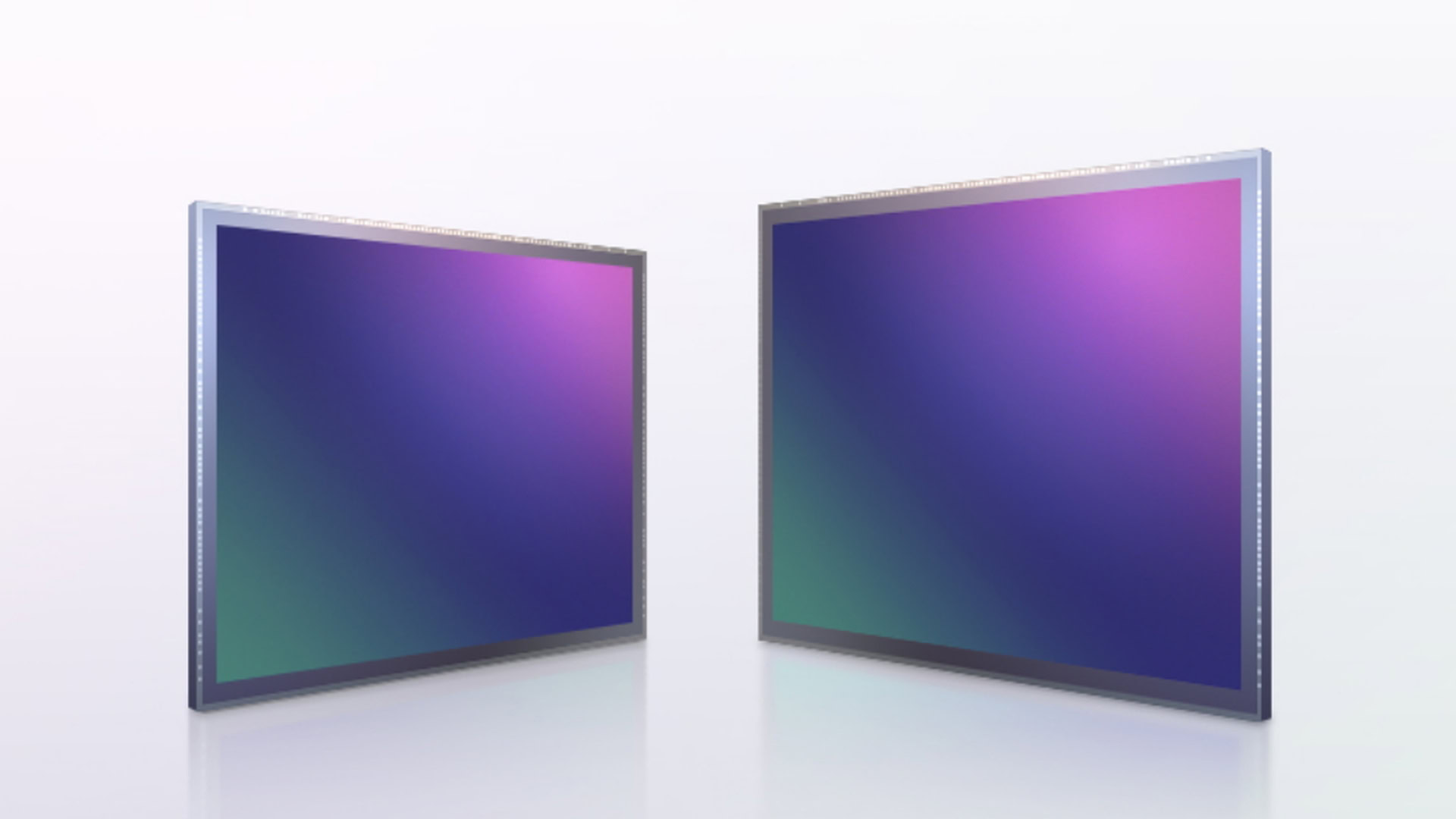Affiliate links on Android Authority may earn us a commission. Learn more.
It's official: Samsung is bringing 200MP cameras to phones
Published onSeptember 2, 2021
- Samsung has launched two new smartphone camera sensors.
- Its 200MP Isocell HP1 sensor is the firm’s first and packs new pixel-binning technology.
- The 50MP Isocell GN5, meanwhile, brings improved autofocusing tech with smaller pixels.
Samsung is pushing the smartphone camera industry into the 200MP era. The company announced its new Isocell HP1 sensor, which brings new pixel-binning tech and claims of improved low-light shooting to market.
The Isocell HP1 is the industry’s first 200MP resolution sensor. In bright light, the Isocell HP1 can opt to use all 200MP as individual 0.64 micron pixels. That’s by no means the largest individual pixel sizes we’ve seen on a smartphone camera, but Samsung makes up for this in a nifty way. In dimmer scenes, Samsung employs its new ChameleonCell pixel-binning tech, which allows the sensor to group four or 16 pixels into a single larger pixel. These two configurations effectively turn Isocell HP1 into a 50MP sensor with 1.28 micron pixels or a 12.5MP sensor with 2.56 micron pixels. Samsung notes that the latter configuration boosts light absorption and sensitivity for improved low-light shooting.
See also: Want a phone with a great camera? Here’s what to look for
Pixel-binning is a common way for sensors to extract more light in dimmer scenarios, but it does have its drawbacks. For one, the more pixels you lump together, the more color accuracy could be affected. Of course, software could be used to get around these limitations but color accuracy arguably isn’t the top priority when shooting in very dark environments.
For videographers, the 200MP sensor can also shoot 8K/30fps video using four-in-one pixel binning.
Samsung also debuted a new sensor in its GN series, but its focus isn’t packing on more megapixels. Instead, the Isocell GN5 brings improved autofocusing performance through the use of more photodiodes. Samsung claims this results in near “instantaneous” autofocusing speeds. Notably, the GN5 also packs smaller 1.0 micron pixels than the 1.4 micron pixels of the Isocell GN2 launched earlier this year.
When will we see phones with 200MP sensors?
There’s no telling when we’ll see the Isocell HP1 or GN5 sensors in mainstream smartphones. We’ve heard mutterings of a Xiaomi flagship with a 200MP sensor landing in 2022, but no confirmation of the device just yet. It’s also unclear if Samsung will use the 200MP sensor in its forthcoming flagship series. The tips so far suggest no marked camera upgrades are in the works for the Galaxy S22 Ultra, but the S22 and S22 Plus could land with 50MP sensors.
That said, now that a 200MP sensor is finally available, we can look forward to devices packing it at some point in the future.
